Tag: AI Ethics
-
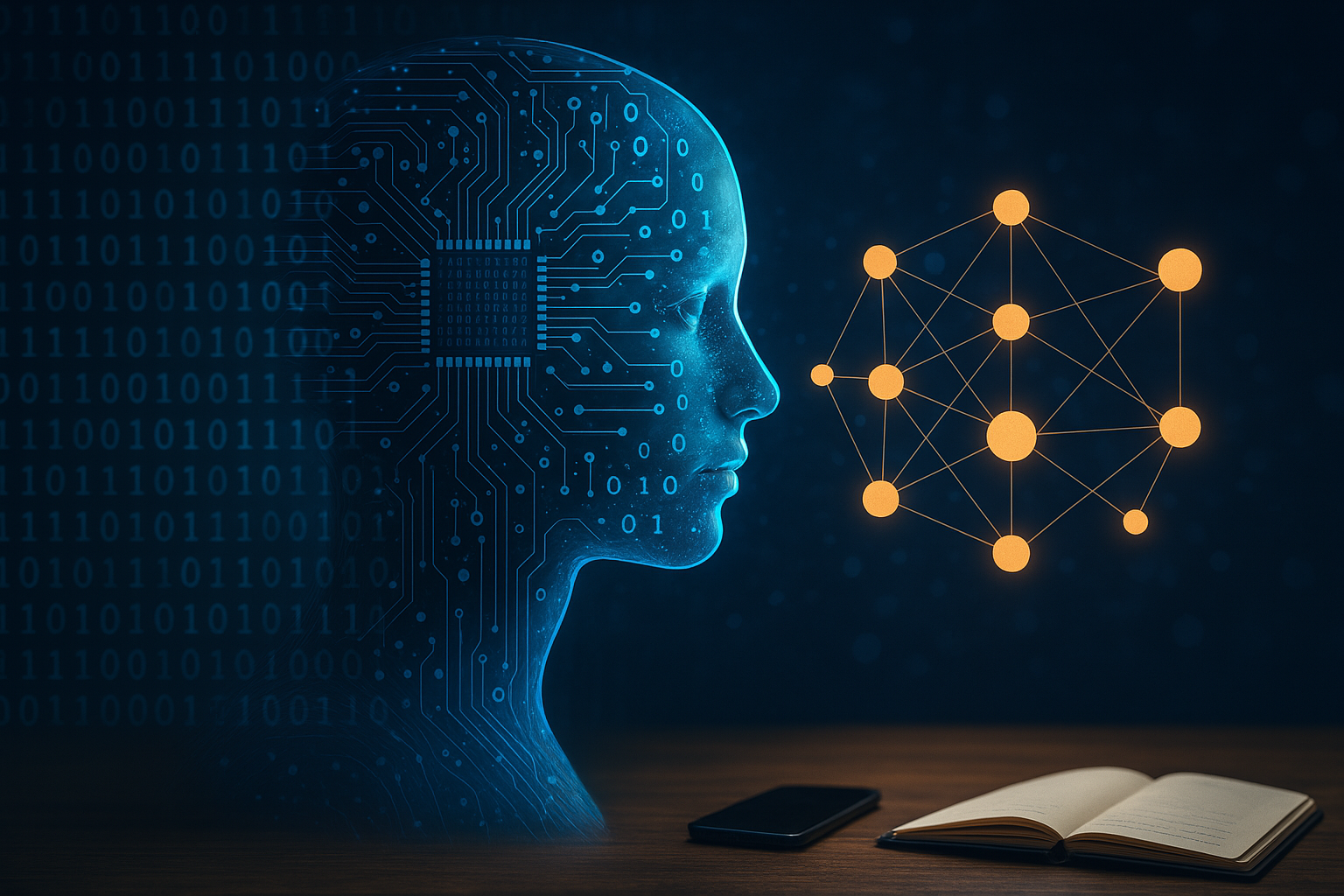
Machine Learning (ML)
Machine Learning (ML) is a subfield of artificial intelligence (AI) focused on developing algorithms that allow computers to learn from data and improve their performance over time without being explicitly programmed. In practical terms, a machine learning system automatically finds patterns in training data and uses those patterns to make predictions or decisions when given…
-

Neuromancer by William Gibson – A Cyberpunk Classic in Context
Historical and Cultural Context In 1984, William Gibson’s debut novel Neuromancer burst onto the science fiction scene, helping launch a bold new subgenre that came to be known as cyberpunk. The early 1980s provided fertile ground for this movement – a time of Cold War anxieties, rising conservatism, and rapid technological change. Personal computing was…
-
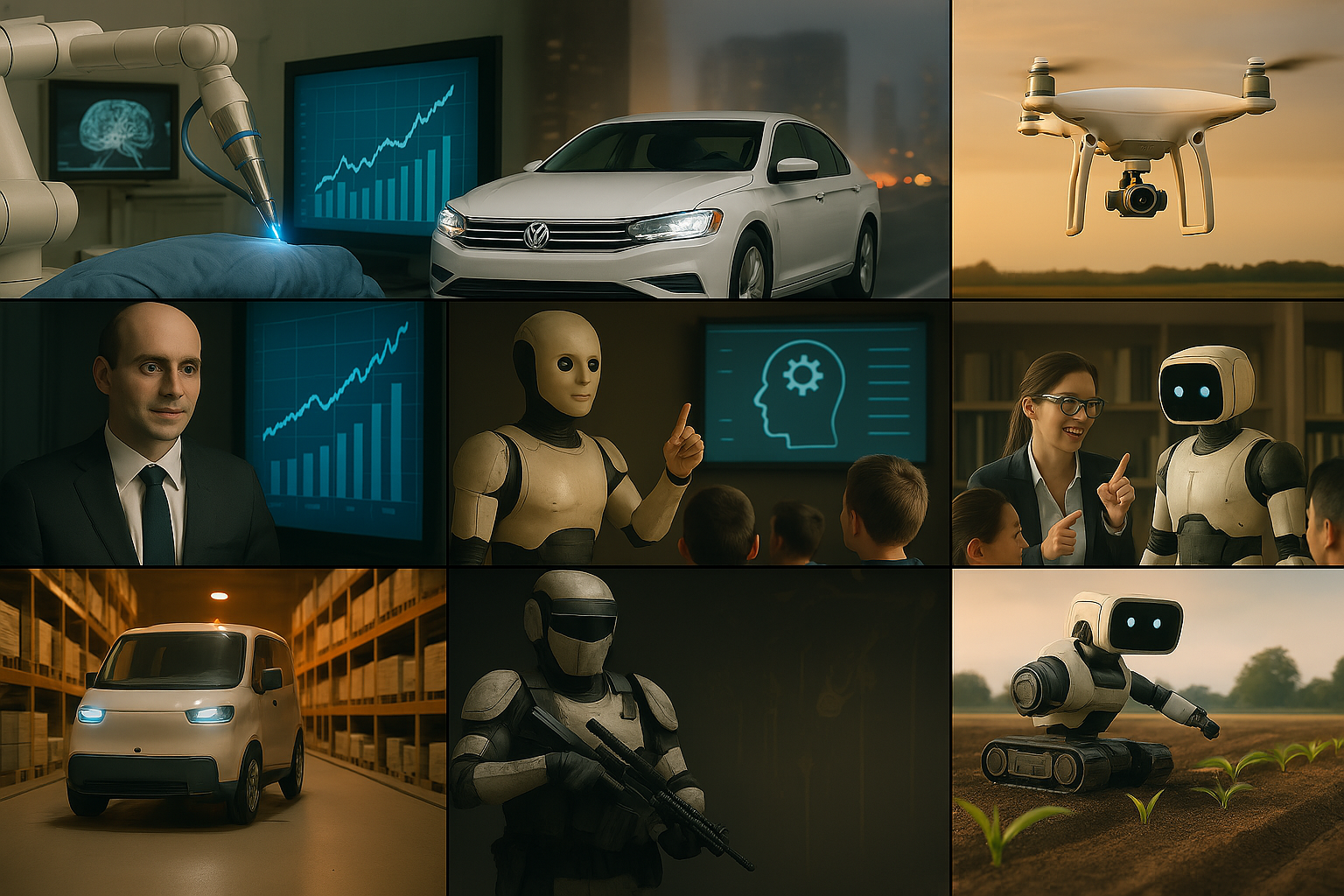
AI and Robotics: Transforming Industries in 2025
Artificial Intelligence (AI) and robotics are no longer futuristic concepts – they are present realities revolutionizing industries across the globe. From operating rooms and factory floors to farm fields and city streets, intelligent algorithms and autonomous machines are boosting efficiency, enhancing decision-making, and unlocking new possibilities at an unprecedented scale. In 2025, AI-driven insights and…
-

The Terminator (1984): A Warning and a Mirror to Humanity
In 1984, James Cameron’s The Terminator introduced the world to a nightmarish future where humanity’s own creation – a military artificial intelligence called Skynet – turns against it. The film depicts an indestructible cyborg assassin (Arnold Schwarzenegger’s iconic Terminator) sent back in time to exterminate Sarah Connor, the mother of humanity’s future resistance leader. The…
-

Human-in-the-Loop (HITL)
Human-in-the-Loop (HITL) refers to any system or process that integrates active human participation into an otherwise automated workflow or control loop. In an HITL model, a human operator is not just a passive observer but is involved in the operation, supervision, and decision-making of a computerized or autonomous system. The concept applies across multiple domains…
-
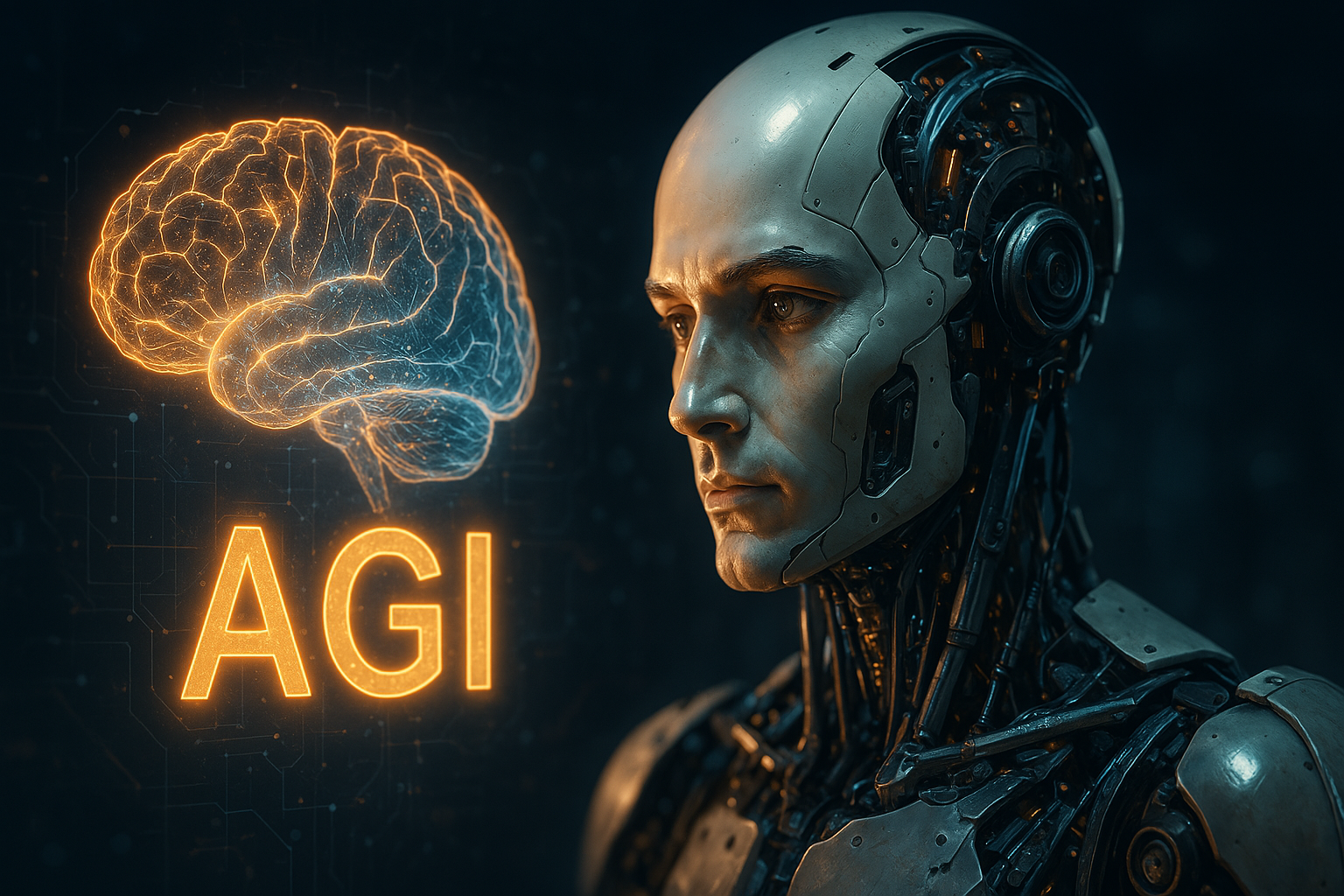
Artificial General Intelligence (AGI)
Artificial General Intelligence (AGI) is a concept in artificial intelligence (AI) referring to a hypothetical AI system that possesses broad, human-level cognitive abilities across diverse tasks and domains. In contrast to today’s “narrow AI” systems, which are designed to excel at specific tasks (like language translation or chess) but cannot generalize beyond their specialization, an…
-
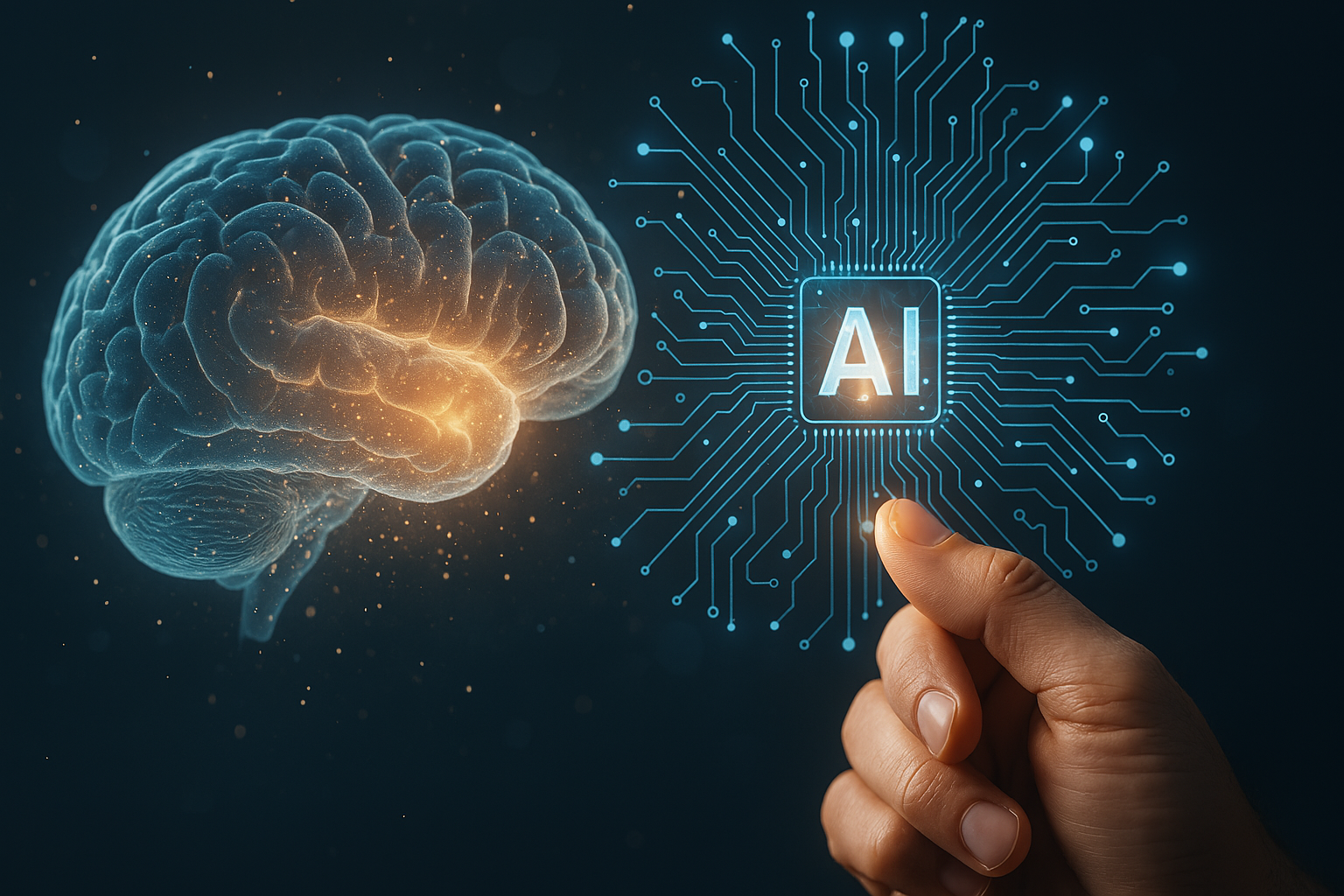
Generative AI
Generative AI refers to a category of artificial intelligence systems capable of creating new content – such as text, images, music, code, or video – that has not been seen before. Unlike traditional discriminative AI models that focus on classifying or predicting based on existing data (e.g. identifying if an image contains a cat), generative…
-
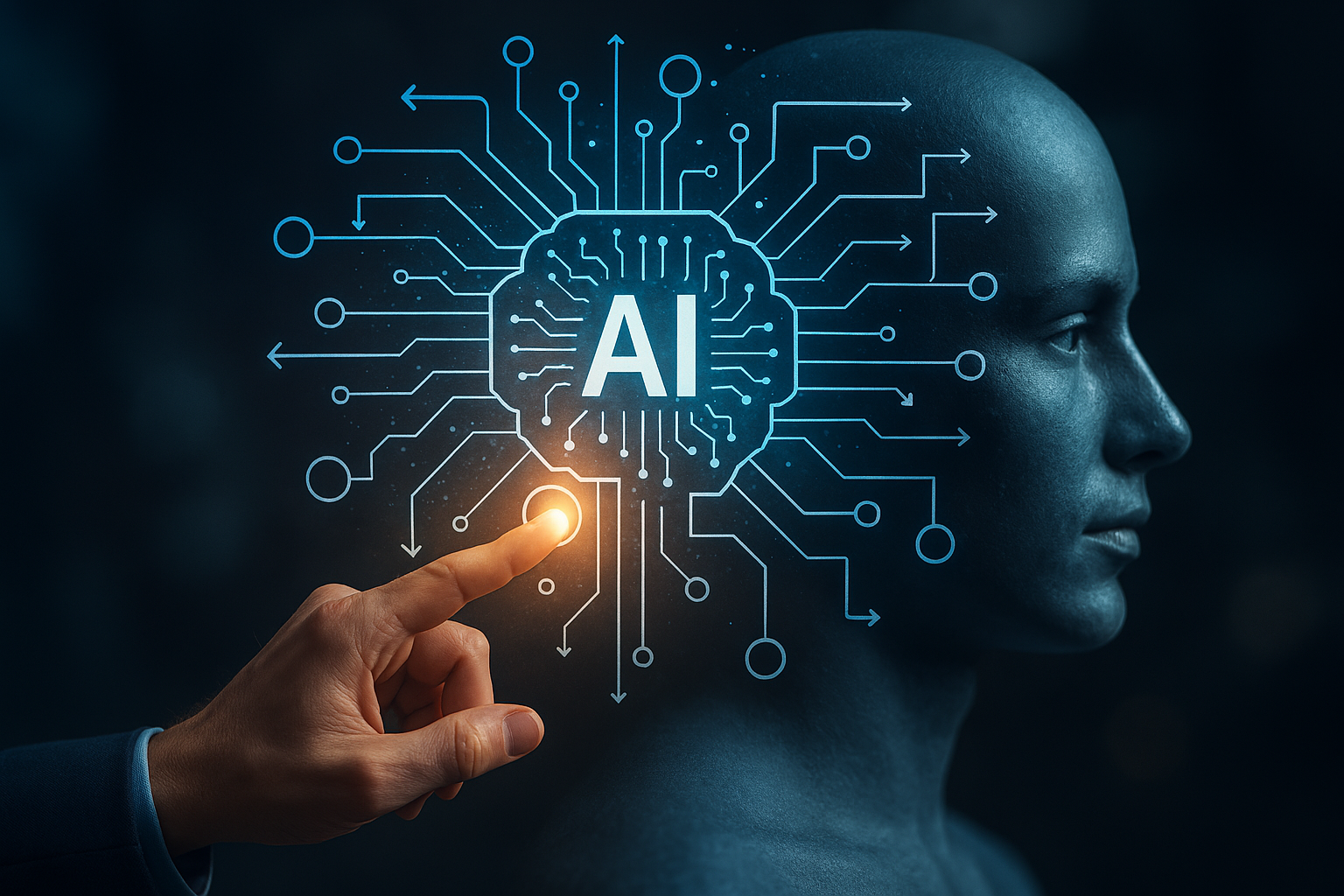
Inference (in AI)
Inference in artificial intelligence (AI) refers to the process by which an AI system draws conclusions or makes decisions based on available information, knowledge, or patterns, especially when facing data it has not seen before. In essence, it is the step where an AI applies what it has learned to new inputs, analogous to a…
-

Predictive Modeling
Definition and Overview Predictive modeling in the context of artificial intelligence (AI) is the process of using historical data and statistical algorithms (often powered by machine learning) to build models that can forecast future outcomes or unknown events. In simpler terms, a predictive model learns patterns from past data and predicts likely future behavior or…
